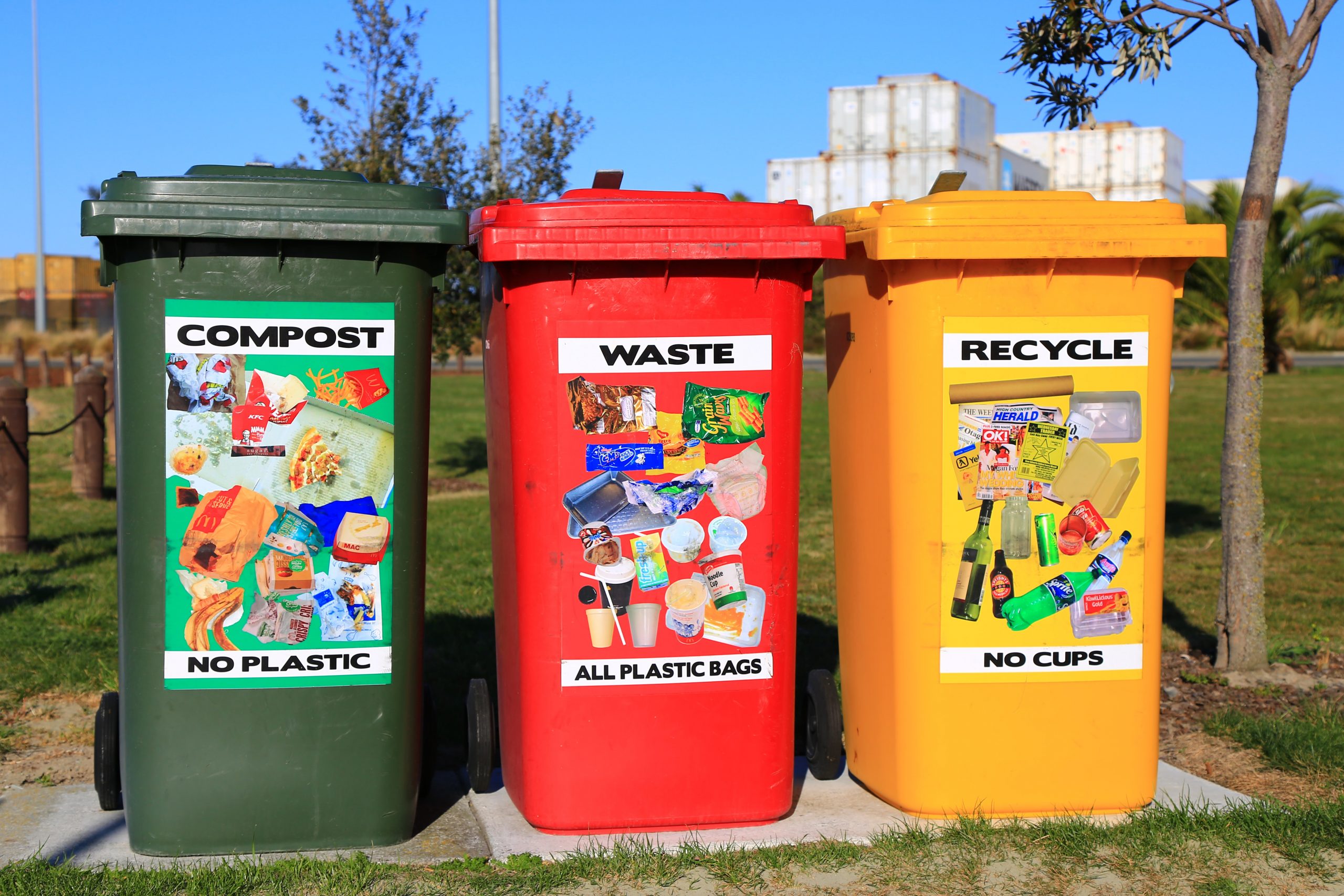The enviornment is a hot topic these days, but if there is one thing everyone can agree on, it’s that every household can and should recycle. Individual communities handle their recycling programs a little differently, and it is wise to do a quick internet search to find out how to maximize recycling efforts in your area. Otherwise, knowing exactly how and what you can recycle may be difficult.
For example, my community utilizes a private recycling hauler for weekly collection at every home. The truck comes on the same day every week, although the times can vary. Our recyclable materials must also be loose (not in a garbage bag), so I usually reuse the same recycling garbage for multiple uses. Our community does not require that we divide our recyclable materials, but it’s a good idea to check if you are not sure of the rules in your town.
Once you know when your recycling truck will arrive, the next most asked question may be, “what can and cannot be recycled?” It is possible to maximize your recycling efforts to ensure that your waste that can be recycled is recycled.
The following list is for waste materials. Check your area for donation sites if you have trash that may be useful to someone else, such as crafts, school materials, clothing, shoes, or other household goods. The best-recycled goods can be reused again by others who need them!

What can I recycle? Recycle items such as plastic bottles to prevent them from ending up in a landfill.
Items that usually can be recycled curbside include:
- Paper and junk mail (including glossy and non-glossy materials)
- stationary, notebook paper, computer paper, flyers, greeting cards, file folders
- envelopes, both with and without windows
- Magazines and catalogs
- Newspaper (including all inserts and glossies
- Cardboard (flattened)
- brown or gray box board or paperboard, cereal boxes, shoe boxes
- paper towel and toilet paper cores
- Formed aluminum containers and wraps
- Milk and juice cartons
- Glass bottles & jars
- Aerosol cans
- Aluminum and tin food cans and foil
- Cartons
- Brown paper bags
- Plastic containers
- milk jugs. juice boxes, water bottles, jugs, and jars
- Steel cans
- Steel paint cans and lids
- Wet strength carrier stock
Aerosol cans must be empty to recycle them. Also, keep in mind that the following items must be rinsed clean:
- Jars
- Aluminum containers and cans
- tin food cans
- Plastic containers
- Steel paint cans and lids
Items that usually cannot be recycled curbside include:
- Car batteries
- Motor oil
- Containers for oil products, pesticides, or other chemicals
- Styrofoam (#6-PS plastic) – check your community to see if there are alternative drop-off areas for styrofoam recycling)
- Frozen food packaging
- Hangers
- Juice pouches
- Packing peanuts
- Used paper towels and tissues
- Pizza boxes or other greasy paper, such as oil-soaked paper plates
- Window glass
- Electronic waste
- Broken mirrors, ceramics, or light bulbs
- Carrier stock (the paper packaging around packs of drink cans
- Plastic items such as:
- plastic bags
- plastic wrap
- bubble wrap
It is essential to check with your community’s waste management to ensure what types of waste can be recycled in your community, as this can vary widely. It should only take a quick internet search or phone call to find out. Also, if you have materials on the no-curbside recycle list, check with your community’s waste management to see if other recycling programs are available for those products.
Additional recommended reading:

